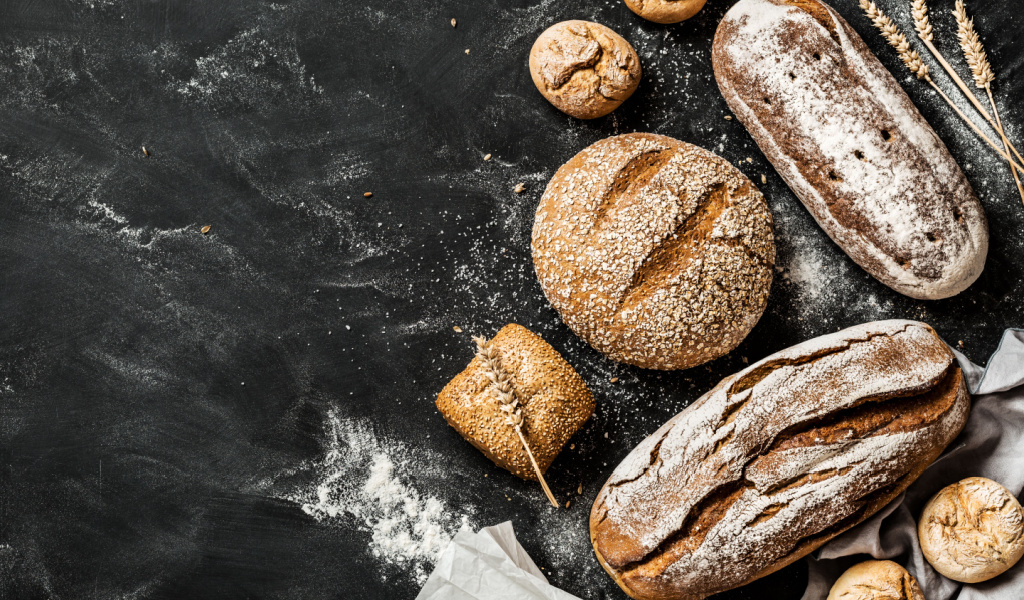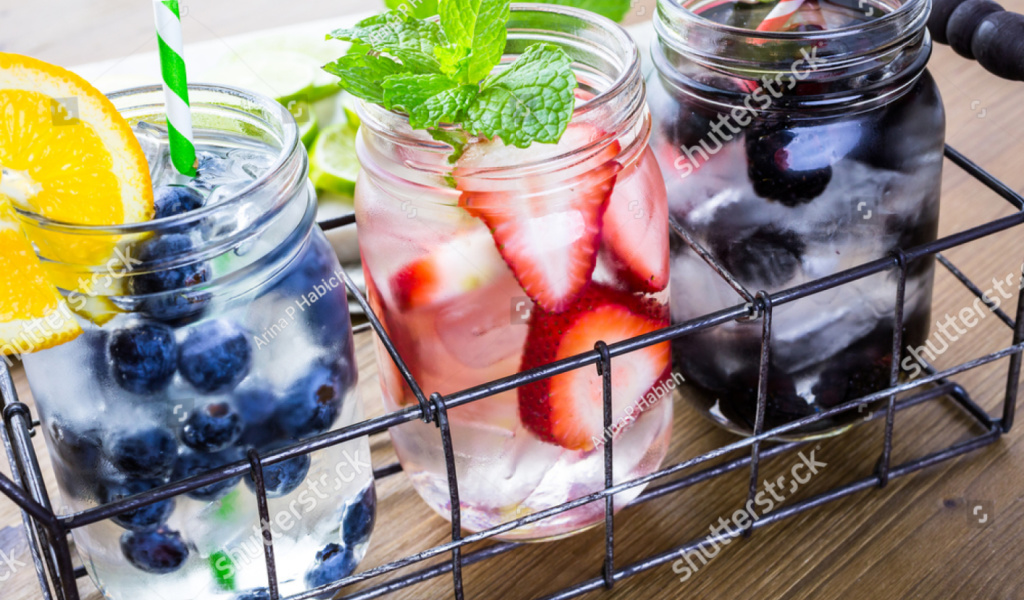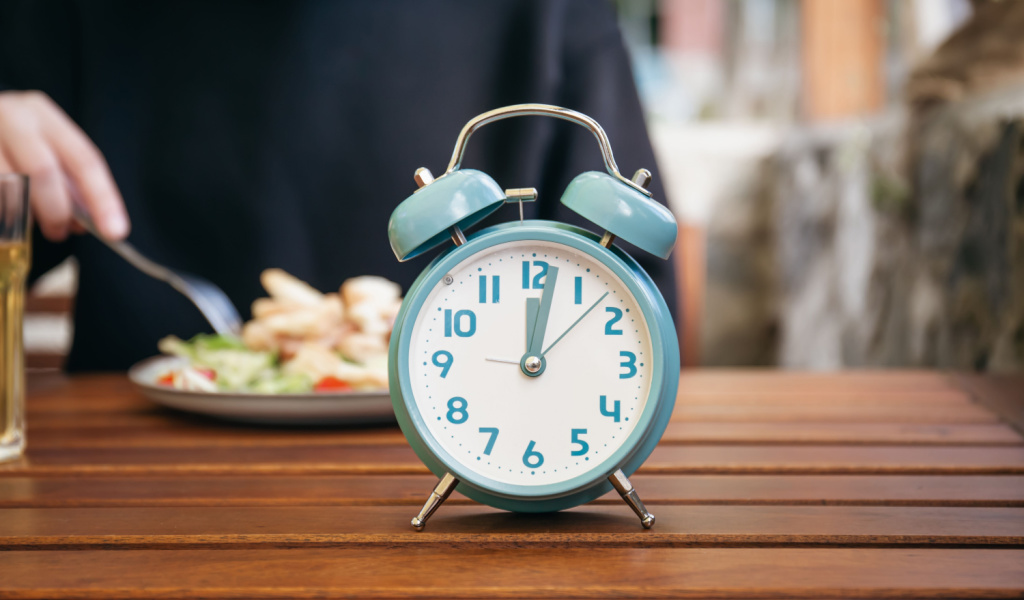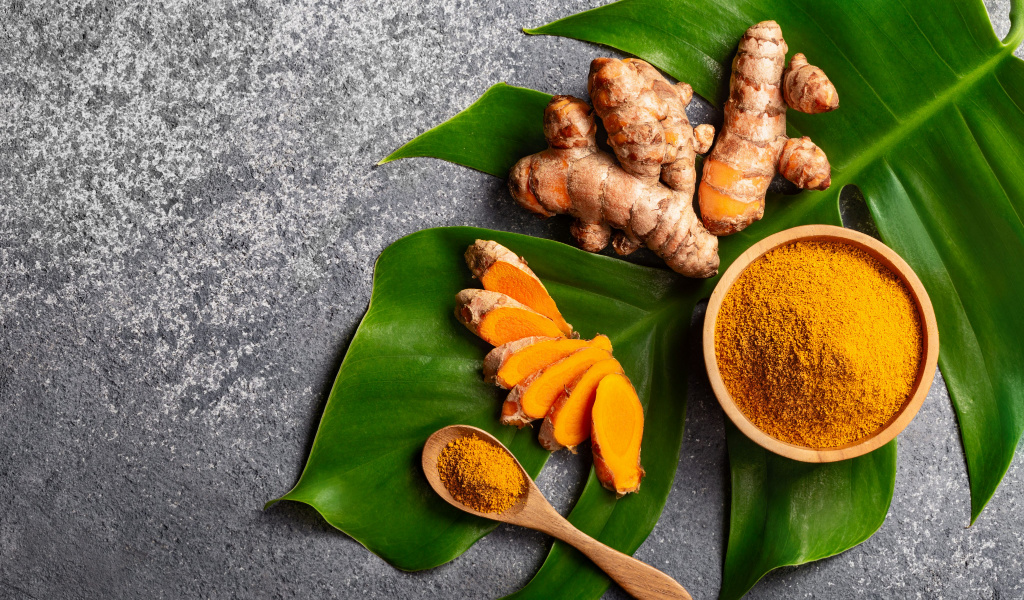Recent studies show that record numbers of people are turning to plant-based diets to take advantage of the many health benefits they offer. But this may come at the expense of their bones, a new study suggests.
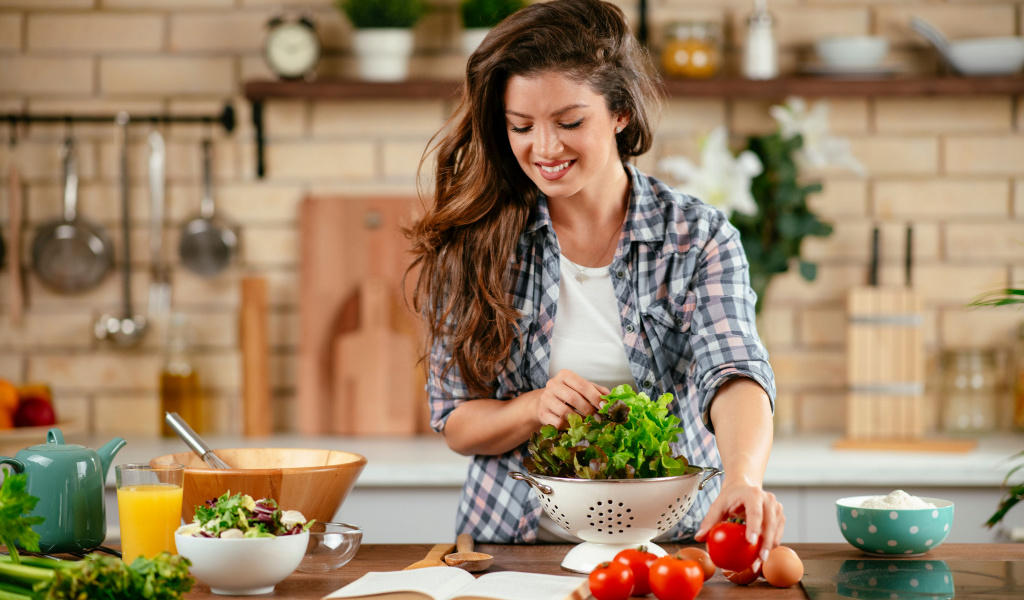
Exactly what did researchers find? Recent studies suggest that middle-aged women who never eat meat may be more at risk to break a hip than women who regularly consume meat and/or fish.
James Webster, the lead study author and a researcher with the Nutritional Epidemiology Group at the University of Leeds, along with his colleagues
A Study conducted at the Nutritional Epidemiology Group at the University of Leeds was headed by James Webster. Along with his colleagues, Webster poured through the health and diet records of over 26,000 women between the ages of 35-69 in the UK Women’s Cohort Study, separating them into groups of regular meat eaters, occasional meat eaters, pescatarians, or vegetarians.
At the 22-year follow-up mark, the study found that 3% of the women (i.e., 822 of them), had experience hip fractures in that time. In this, vegetarians had been a third more likely to break a hip when compared to regular meat eaters; although no difference was observed for occasional meat-eaters or pescatarians.
“It’s likely that vegetarians, for one reason or another, and potentially because of lower intakes of important nutrients, have weaker bones and lower muscle mass. Both of those things predispose people to hip fractures,” says James Webster, the lead author and a researcher of the study.
In fact, the Guardian reports that falls are common among older adults who have weaker bones. And since about 90% of hip fractures are caused by falls, this does not bode well for vegetarians.
More research is needed to understand why vegetarians seem to be at greater risk for hip fractures, but it is suspected that low body mass index (BMI) and nutrient shortfalls are the main causes. The average BMI of vegetarians in the study was slightly lower than that of meat eaters. “People with less fat mass have less cushioning during falls, and falls account for 90% of hip fractures,” says Webster.
Steps Vegetarians Can Take to Prevent Frail Bones
The research is clear – a vegetarian diet can be lacking in terms of essential nutrients. However, that does not mean vegetarians don’t have a choice but eat meat or suffer the consequences. There’s plenty that can be done to protect their bones while enjoying the health benefits of a plant-based diet, Webster said. This starts with maintaining a healthy weight, which increases the likelihood of strong bones and muscles, and helps to reduce hip fracture risk.

Be Conscious About Dietary Shortcomings
There are certain nutrients that are less commonly found in a vegetarian diet, and therefore, can lead to dietary shortcomings. Identifying this will help you make up for the lack of meat in your diet. For instance, Webster recommends that vegetarians start eating more fortified cereals with added iron and vitamin B12 for bone health. Protein, another shortcoming of a non-meat-based diet, can also be made up through the addition of foods such as nuts, legumes, and beans.
Avoiding Smoking and Excessive Alcohol Consumption
Excessive smoking and drinking have been widely proven to cause a number of health ailments, and it’s the same when it comes to your bones as well. Smoking reduced the blood flow to your bones and other areas of your body. In fact, a number of studies have shown that there is a direct link between tobacco usage and decreased bone density. This can result in the development of osteoporosis.
Similarly, heavy alcohol consumption can also negatively impact your bones by lowering bone mass, hindering bone formation, and increasing the impact of injuries on your bones than usual but it can also cause delays in fracture healing.
Get More Exercise
For those following a vegetarian diet, regular exercise can also help keep bones strong. New Austrian research published last week backs up this advice: vegetarians who lift weights or do strength training have stronger bones than those who only do other forms of exercise like biking or swimming.
Marion Nestle, a retired professor of nutrition, food studies, and public health at New York University, cautioned that more research is needed before conclusions about fracture risk in vegetarians are made.
A Final Word
What we’ve learned so far is that a vegetarian diet isn’t exactly hopeless. On the contrary, it has proven to be extremely beneficial, not just for the human body, but for the earth as well. However, it’s important to identify its shortcomings and make conscious choices to maintain a healthy body and mind.
“The message for vegetarians is doesn’t give up your diet, because it is healthy for other things and environmentally friendly, explains Webster, “but do take care to plan well and don’t miss out on nutrients.”
And Marion agrees. “Vegetarians who don’t eat red meat but eat other animal products should be at no higher risk for bone fractures. What’s most important in terms of health is to eat a balanced diet,” she says.

